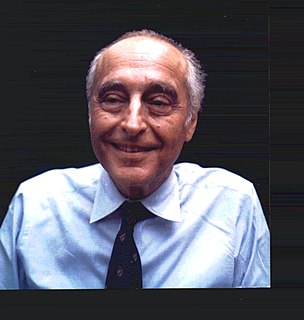A Quote by Viktor E. Frankl
Ultimately, we are not subject to the conditions that confront us; rather, these conditions are subject to our decision ... we must decide whether we will face up or give in, whether or not we will let ourselves be determined by the conditions.
Related Quotes
Confusion conditions activity, which conditions consciousness, which conditions embodied personality, which conditions sensory experiences, which conditions impact, which conditions mood, which conditions craving, which conditions clinging, which conditions becoming, which conditions birth, which conditions aging and death.
One of the primary conditions for suffering is denial. Shutting our mind to pain, whether in ourselves or others, only ensures that it will continue. We must have the strength to face it without turning away. By opening to the pain we see around us with wisdom and compassion, we start to experience the intimate connection of our relationship with all beings.
So this estate is given each of us to determine whether or not we will merit glory and honor "for ever and ever," or whether we will rebel and refuse or be indifferent and not comply with the conditions and the laws and the ordinances provided by a merciful Father for our guidance through life and our protection and our salvation and thereby, by so doing, deny ourselves the fabulous gift and blessing of eternal life. This life, then, is a time of "sifting," a time when the "wheat" is separated from the "chaff," a time of deciding who is who and where we will live after we die.
Now, there are two different attitudes towards learning from others. One is the dogmatic attitude of transplanting everything, whether or not it is suited to our conditions. This is no good. The other attitude is to use our heads and learn those things that suit our conditions, that is, to absorb whatever experience is useful to us. That is the attitude we should adopt.
If you are female, and conditions are otherwise apt, you are supposed to decide whether you want to become a mother by thinking carefully about whether you really want to have a child of your very own, what it would be like to be a mother, whether this is something you really want and will be happy with, etc. In general, you are supposed to evaluate whether you should have a child largely on the basis of what you think it will be like for you to have a child.
The onus is on us to determine whether free societies in the twenty-first century will conduct electronic communication under the conditions of freedom established for the domain of print through centuries of struggle, or whether that great achievement will become lost in a confusion of new technologies.
The thing I got to thinking about,' he said, 'is--what are the conditions that lead to larger portions of society being generous, humble, and selfless? While we have the conditions for economic opportunity here--and that is a blessing--do we have the conditions to learn how to self-regulate our own passions for the good of the whole?




































